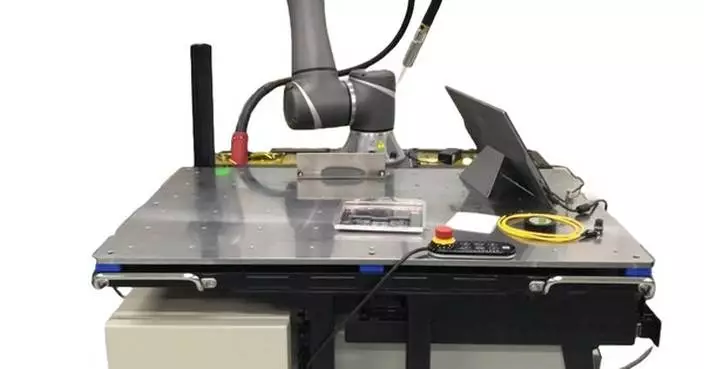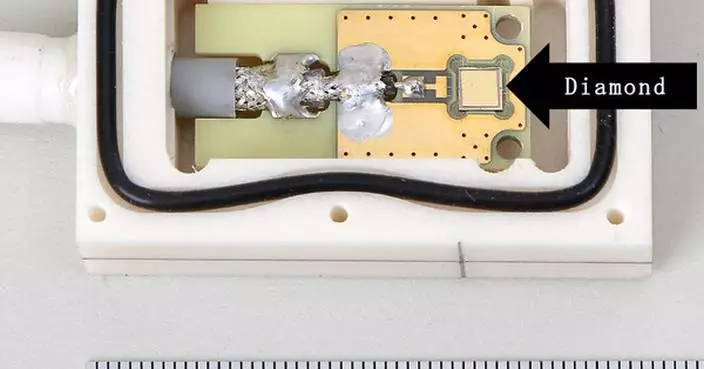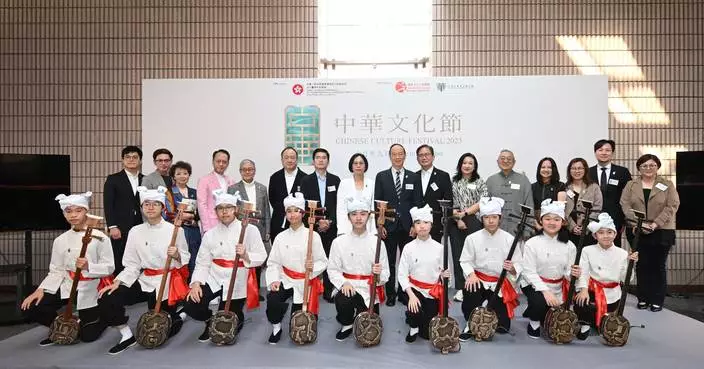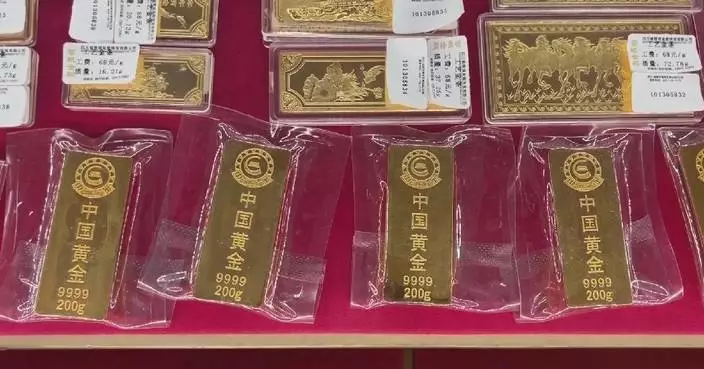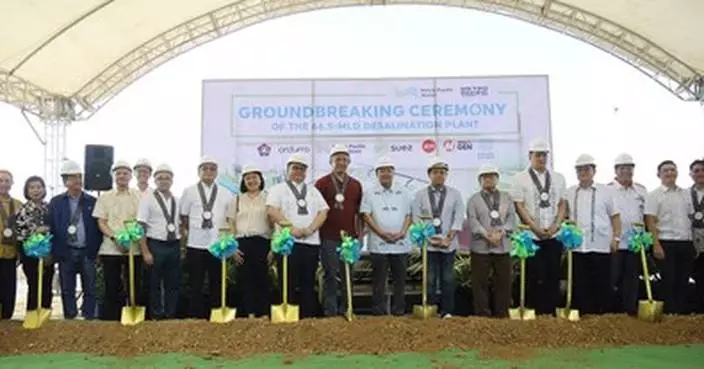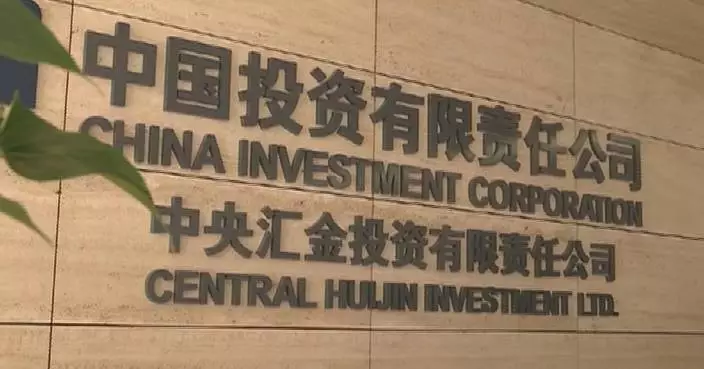Collaboration to apply Lunit's AI technologies across NCI's broad spectrum of cancer studies, aiming to accelerate personalized cancer care
SEOUL, South Korea, March 31, 2025 /PRNewswire/ -- Lunit (KRX:328130.KQ), a leading provider of AI-powered solutions for cancer diagnostics and therapeutics, today announced a collaboration with the National Cancer Institute (NCI), part of the U.S. National Institutes of Health (NIH), to explore innovative applications of AI in cancer research. This collaboration aims to advance research into the tumor microenvironment and immune phenotyping, analyzing NCI data to uncover insights that could drive personalized cancer care.
Under the agreement, Lunit tools will be made available to NCI Center for Cancer Research (CCR) investigators, across NCI CCR's portfolio of clinical trials. Lunit will analyze whole-slide images obtained from NCI's clinical studies, using Lunit AI-powered biomarker technologies, including Lunit SCOPE® IO and Lunit SCOPE universal IHC. This broad collaboration will enable image-analysis AI to become a core part of cancer research practice.
The two parties plan to jointly prepare publications, presentations, and reports. The primary objective of this partnership is to develop data-driven insights that can help personalize treatment approaches for cancer patients. By applying Lunit's AI solutions across NCI's extensive cancer research portfolio, the collaboration seeks to accelerate discoveries that optimize immunotherapy strategies, improve patient outcomes, and pave the way for more targeted cancer care.
"This collaboration with the NCI is a testament to the power and potential of Lunit's AI-driven solutions in advancing the frontier of cancer research," said Brandon Suh, CEO of Lunit. "By applying our technologies across NCI's unparalleled research expertise and clinical data, we aim to uncover meaningful insights that can transform cancer treatment and deliver more personalized care to patients worldwide. We are honored to work with one of the world's leading cancer research institutions to tackle some of the toughest challenges in oncology."
About Lunit
Founded in 2013, Lunit (KRX:328130.KQ) is a medical AI company on a mission to conquer cancer through AI. Lunit harnesses AI-powered medical image analytics and biomarker analysis to ensure accurate diagnosis and optimal treatment for each cancer patient. The FDA-cleared Lunit INSIGHT suite for cancer screening serves over 4,800 medical institutions across 55+ countries. Lunit clinical studies have been published in top journals, including the Journal of Clinical Oncology and the Lancet Digital Health, and presented at global conferences such as the ASCO and RSNA. Headquartered in Seoul, South Korea, with a network of offices worldwide, Lunit leads the global fight against cancer. Discover more at lunit.io.
** The press release content is from PR Newswire. Bastille Post is not involved in its creation. **

Lunit Announces Partnership with the National Cancer Institute to Advance AI-Powered Biomarker Research
- Achieving constant high power input and output while maintaining battery life -
TOKYO, April 8, 2025 /PRNewswire/ -- Toshiba Corporation has launched a new SCiBâ„¢ module, a lithium-ion battery designed for use in EV buses, electric ships, and stationary applications. The new product features an aluminum baseplate that dissipates approximately twice the heat of current modules. It will be available from mid-April 2025, in Japan and internationally.
Use of lithium-ion batteries is increasing and diversifying, and there is growing demand for batteries that can support constant rapid charging and discharging in applications as diverse as electric buses and power load leveling in stationary applications. However, constant input and output at high power levels in a short time generates lifeshortening heat in the batteries. The challenge for battery developers is to manage heat dissipation and maintain battery life while realizing high power input and output in a short time.
Toshiba's SCiBâ„¢ rechargeable batteries have a lithium titanate negative electrode that realizes safe operation, a long life, low temperature performance, fast charging, high input and output, and a wide effective state of charge (SOC*1). They are widely used in hybrid vehicles and industrial applications, including electric buses, cranes, trains, and automated guided vehicles in logistics centers. In addition to battery packs and cells, Toshiba also offers battery modules that can be connected in series or in parallel connnections to meet required voltages and capacities.
Users of module products want a balance between constant high input and output in a short time and battery life. Toshiba has met this increasing demand with a new module that is the first to feature an aluminum baseplate. Aluminum is an excellent conductor, and the new module dissipates heat at approximately twice the rate of current battery modules.
Aluminum has a lower the thermal resistance than the resin materials usually used in baseplates. However, as it is a conductor, the baseplate must be insulated from the battery cells. Toshiba has developed a novel structure that achieves the required voltage resistance, allowing commercialization. When used with the same cooling system normally applied by customers, and under typical operating conditions, heat dissipation performance is approximately double that of current modules, significantly extending battery life.
Adding new products to its module lineup allows Toshiba to respond flexibly to customer demands and application requirements. Toshiba will continue to offer products that leverage the unique features of its SCiBTM lithium-ion battery, while fully considering customer lifecycle costs, from installation to maintenance and disposal.
Product information: https://www.global.toshiba/ww/products-solutions/battery/scib/product/module/2p12s.html
Product specification and Instruction manual can be downloaded from the following link. Please note that user registration is required to access the documents.
Data Download | SCiBâ„¢ Rechargeable battery | Toshiba
Note 1: SOC range refers to the range of states of charge over which a battery can actually be used, with 100% SOC indicating a fully charged state and 0% SOC indicating a fully discharged state.
Note 2: Function to equalize the voltage differences among cells connected in series.
** The press release content is from PR Newswire. Bastille Post is not involved in its creation. **
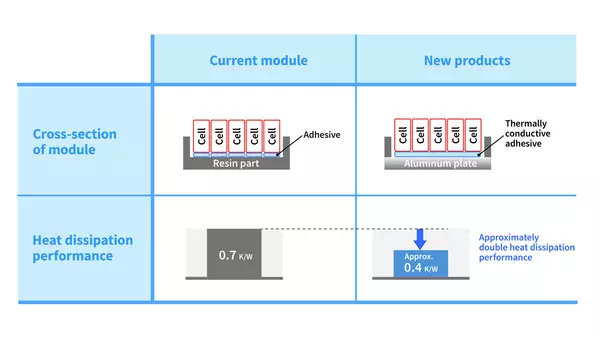
Toshiba Launches New SCiB™ Module with Double the Heat Dissipation Performance for EV Buses, Electric Ships, and Stationary Applications
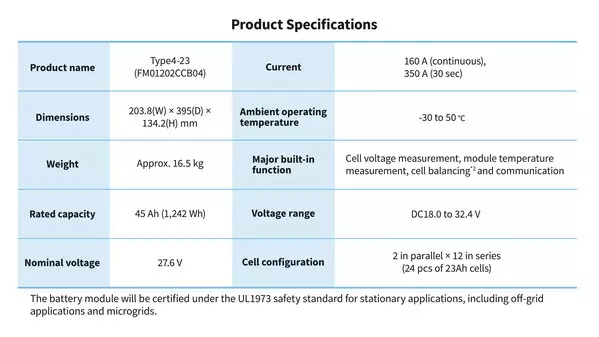
Toshiba Launches New SCiB™ Module with Double the Heat Dissipation Performance for EV Buses, Electric Ships, and Stationary Applications
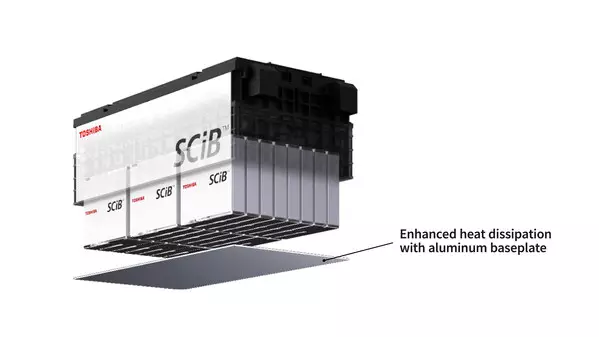
Toshiba Launches New SCiB™ Module with Double the Heat Dissipation Performance for EV Buses, Electric Ships, and Stationary Applications







